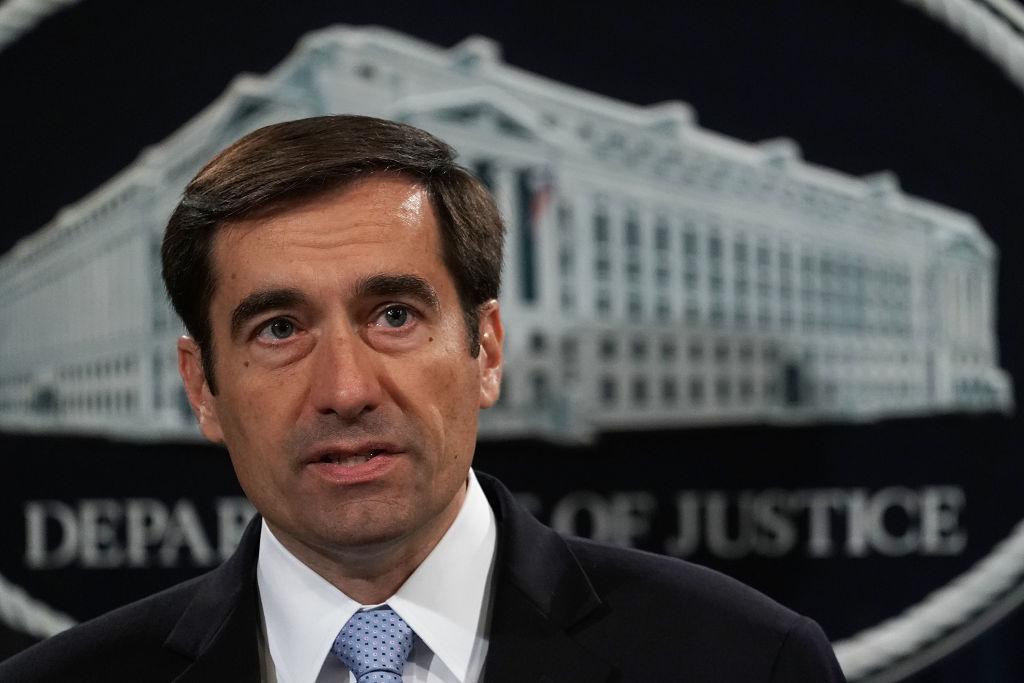Two Chinese hackers have been indicted for stealing millions of dollars worth of trade secrets and other sensitive information from businesses and government agencies, and attempting to steal COVID-19 research, the Justice Department (DOJ) announced on July 21.
The department unsealed an 11-count indictment against Li Xiaoyu, 34, and Dong Jiazhi, 33, on July 21, alleging that the pair hacked into computer systems of hundreds of victims, including companies, government and nongovernmental organizations, individual dissidents, and human rights activists in the United States and around the world in a decade-long campaign.




